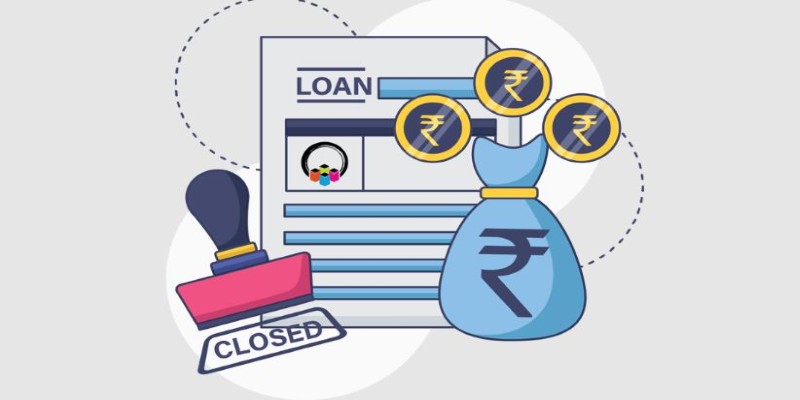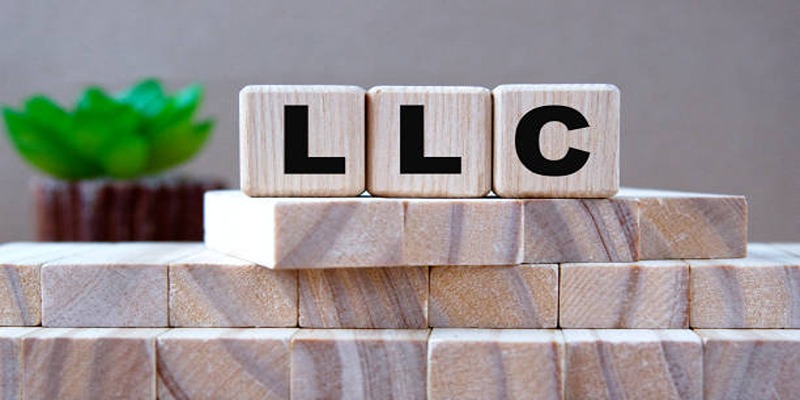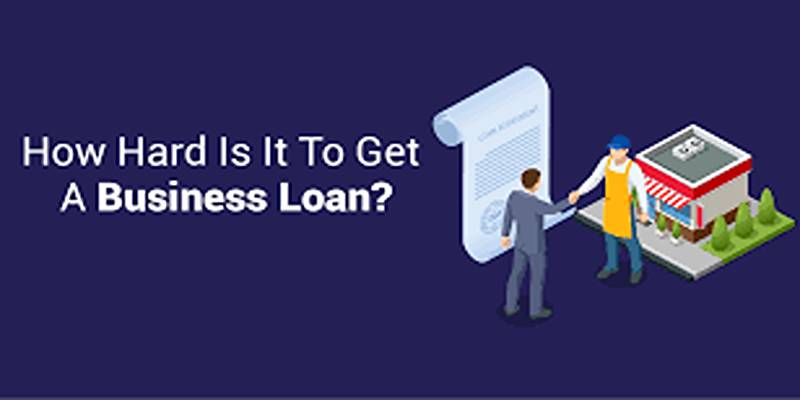Mortgage refinancing is the process of replacing your existing home loan with a new one to get better terms, lower interest rates, or access additional funds. While refinancing can offer significant advantages, such as reducing monthly payments or tapping into home equity, it’s not always the right choice for everyone.
Understanding how refinancing works and its potential benefits and drawbacks is crucial to making an informed decision. Whether you’re aiming to lower your payments, shorten your loan term, or access cash, it’s important to know the details before deciding if mortgage refinancing aligns with your financial goals and situation.
What Is Mortgage Refinancing?
Refinancing a mortgage involves switching an old mortgage for a new loan, usually to obtain more desirable conditions. Homeowners refinance to reduce their monthly payments, decrease their interest rates, or tap the equity in their homes. In refinancing, you literally pay off your original mortgage with a new one that could have variable terms, like a lower interest rate, a varying loan period, or a change between types of mortgages.
The refinance process is the same as your initial application for a mortgage. Lenders assess your financial condition, such as your credit score, income, and home worth. Depending on these factors, they'll present you with a new mortgage, which is intended to save you money or minimize debt.
Why Do People Refinance Their Mortgages?

Homeowners refinance their mortgages for many reasons, most often to save money, tap home equity, or accommodate financial changes. The most common reasons for refinancing are:
Lowering Your Interest Rate: Refinancing to a lower interest rate saves money over the term of the loan, often with lower monthly payments and offering financial relief immediately.
Reducing Monthly Payments: Refinancing can reduce monthly payments, particularly if you're struggling financially. Extending the loan term spreads payments out but may increase the total amount paid over time.
Accessing Home Equity (Cash-Out Refinancing): Cash-out refinancing allows homeowners to borrow an amount greater than what they currently owe, using the excess difference to pay for home repairs, consolidate debt, or pay for other personal costs.
Switching Loan Types: Refinancing to switch from an adjustable-rate mortgage (ARM) to a fixed-rate mortgage provides stability, avoiding the unpredictable increases associated with ARMs.
Consolidating Debt: Homeowners can refinance to consolidate high-interest debt by using home equity, combining multiple debts into one payment with a potentially lower interest rate.
How Does Mortgage Refinancing Work?
The refinancing process may seem complex, but it generally follows similar steps to your original mortgage application. Here’s an overview of how mortgage refinancing works:
Determine Your Goals
Before refinancing, it's essential to determine your goals. Do you want to lower your monthly payments, access equity, or reduce the length of your mortgage? Understanding your needs will help you choose the right refinancing option.
Shop Around for Lenders
Just like when you first purchased your home, it’s important to shop around and compare offers from multiple lenders. Different lenders may offer different rates, terms, and fees. Finding the right lender that fits your needs can help ensure you get the best deal.
Submit Your Application
Once you’ve chosen a lender, you’ll need to submit a refinancing application. The lender will typically ask for financial documents, including income verification, credit score details, and information about your current mortgage. The lender may also request an appraisal of your home to determine its current market value.
Review Loan Offers
After your application is processed, the lender will provide you with a loan estimate. This will include details such as the interest rate, loan term, monthly payments, and any fees associated with the refinance. Be sure to carefully review these terms to ensure they meet your financial goals.
Close the Loan

Once you’ve agreed to the terms, the final step is closing the loan. This process involves signing documents and paying any closing costs, which can include appraisal fees, title insurance, and origination fees. After closing, your old mortgage is paid off, and the new one takes its place.
The Pros and Cons of Mortgage Refinancing
Like any financial decision, mortgage refinancing has both advantages and disadvantages. Understanding the pros and cons can help you determine whether refinancing is the right choice for you.
Pros
Lower Interest Rates: Refinancing can reduce your monthly mortgage payments, saving you money in the long term.
Access to Equity: Cash-out refinancing allows you to tap into your home’s equity for other expenses.
Shorter Loan Term: Refinancing to a shorter loan term can help you pay off your mortgage faster and save on interest over the life of the loan.
Debt Consolidation: Refinancing can help consolidate high-interest debts into one manageable payment.
Cons
Closing Costs: Refinancing typically comes with closing costs, which can range from 2% to 5% of the loan amount.
Longer Loan Term: If you refinance to a longer loan term, you may pay more interest over time, even if your monthly payments are lower.
Not Ideal for Short-Term Homeowners: Due to the upfront costs, refinancing may not make sense if you plan on selling your home within a few years.
Eligibility Requirements: To qualify for refinancing, you may need to meet specific credit score and income requirements.
Conclusion
Mortgage refinancing can be a valuable option for homeowners seeking to lower monthly payments, access home equity, or secure a better interest rate. However, it's not suitable for everyone. It's important to assess your financial goals current situation, and refinancing costs before proceeding. If refinancing aligns with your objectives, take the time to shop around, compare offers, and carefully review the terms to ensure you're getting the best deal. Understanding how mortgage refinancing works and considering the potential benefits and drawbacks will help you make an informed decision that works best for your financial future.












